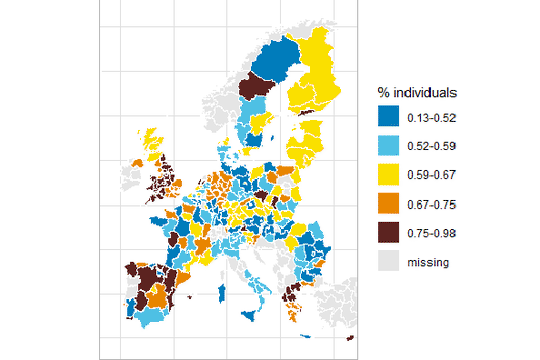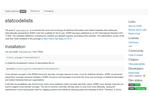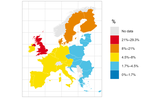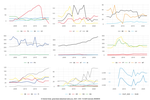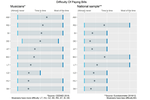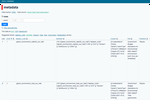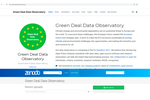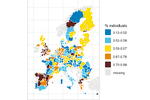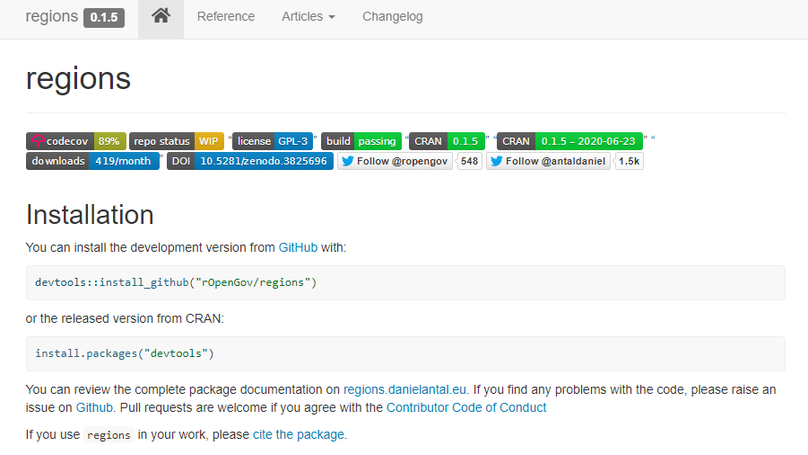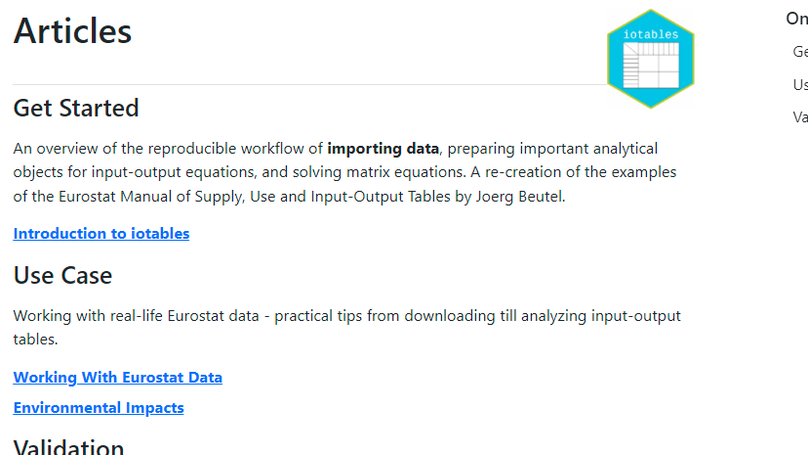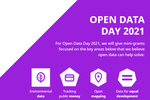Green Deal Data Observatory
Automated data observatory
Reprex
rOpenGov
Yes!Delft AI+Blockchain Validation Lab
Climate change and environmental degradation are an existential threat to Europe and the world. To overcome these challenges, the European Union created the European Green Deal strategic plan. It aims to make the EU’s economy sustainable by turning climate and environmental challenges into opportunities, and making the transition just and inclusive for all.
Our automated observatory want to support evidence-based policy making, and KPIs for business and policy-makers alike with truly usable open science and open governmental data. We want to make sure that environmental, socio-economic, political data is brought to easy-to-import, easy to compare, tidy formats. We use data that has been scientifically validated, and we aim to validate all our open-source processing code in scientific peer-review.
Our collaboration is open for individuals, citizens scientists, research institutes, NGOS, companies.
Download our description and open call for collaboration.
Get involved in services: our ongoing projects, team of contributors, open-source libraries and use our data for publications. See some use cases.
Follow news about us.
Contact us .
Services
Automated Data Services
 [Curation](/services/data-curation/)Data sits everywhere and it is not easy to find even at home. Our curators know where to dig.](/media/img/gems/Udachnaya_pipe.jpg) Curation Data sits everywhere and it is not easy to find even at home. Our curators know where to dig. | Uncut diamonds need to be polished. Data is only potential information, raw and unprocessed.](/media/img/gems/Uncut-diamond_Edit.jpg) Uncut diamonds need to be polished. Data is only potential information, raw and unprocessed. | Adding FAIR metadata exponentially increases the value of data. We use DataCite and SDMX statistical coding.](/media/img/gems/Diamond_Polisher.jpg) Adding FAIR metadata exponentially increases the value of data. We use DataCite and SDMX statistical coding. | Reusable, easy-to-import, interoperable, always fresh data in tidy formats with a modern API.](/media/img/gems/edgar-soto-gb0BZGae1Nk-unsplash.jpg) Reusable, easy-to-import, interoperable, always fresh data in tidy formats with a modern API. |
Recent Posts
Data
API to our data, our sources, how we process and validate it, how we increase its quality.
Ongoing projects
See what we are doing, why we are doing it, and how you can contribute.
Milestones
International Open Data Day 2021:
- We organized the only event in the Netherlands
- Decided to start an open collaboration on music and climate change.
Use Cases
Data, Maps Produced & Their Uses
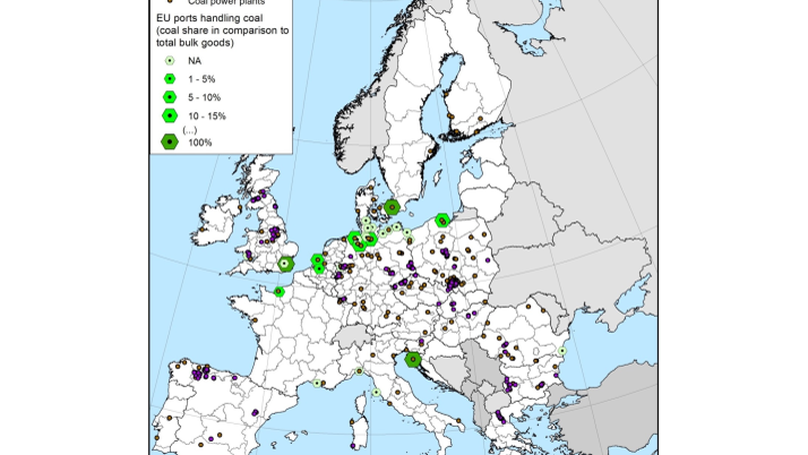
Our first use case is about identifying potential political roadblocks for climate policies. We are combining survey data about attitudes to climate change policies with socio-economic coal mining and and voting data. We examine the relationship between voter attitudes and economic dependency on coal mining.
Open-Source Software
Our peer-reviewed, open source statistical software packages
We believe that transparency is the key to the highest data quality. We use only open source software. We open up the critical elements of our software for peer-review.
We use open-source software, there is no vendor lock-in.
Our data products go through many, automated (unit) tests, replacing countless error-prone human validation working hours.
The critical elements of our code go through external validation and peer-review by computational statisticians and data scientists.
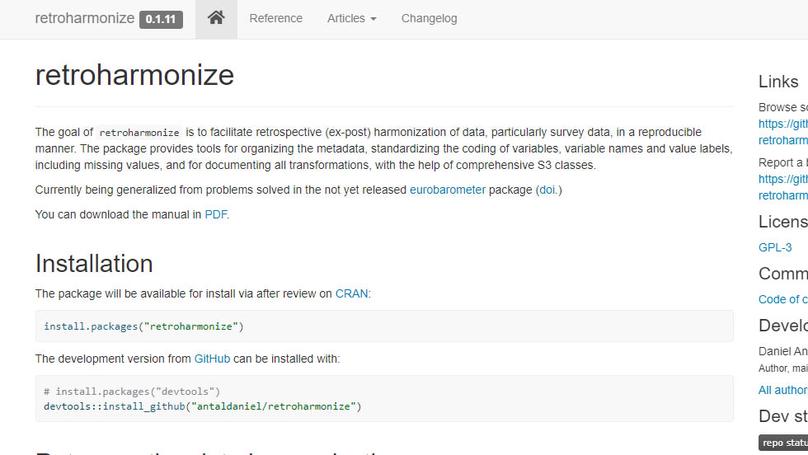
The goal of retroharmonize is to facilitate retrospective (ex-post) harmonization of data, particularly survey data, in a reproducible manner.
Open-Source Software
Our peer-reviewed, open source statistical software packages
Recent & Upcoming Talks
Conversations with users, contributors and volunteers.
Contact
- the Hague, NL-ZH
- Book an appointment
- DM Me
- Chat on Keybase



